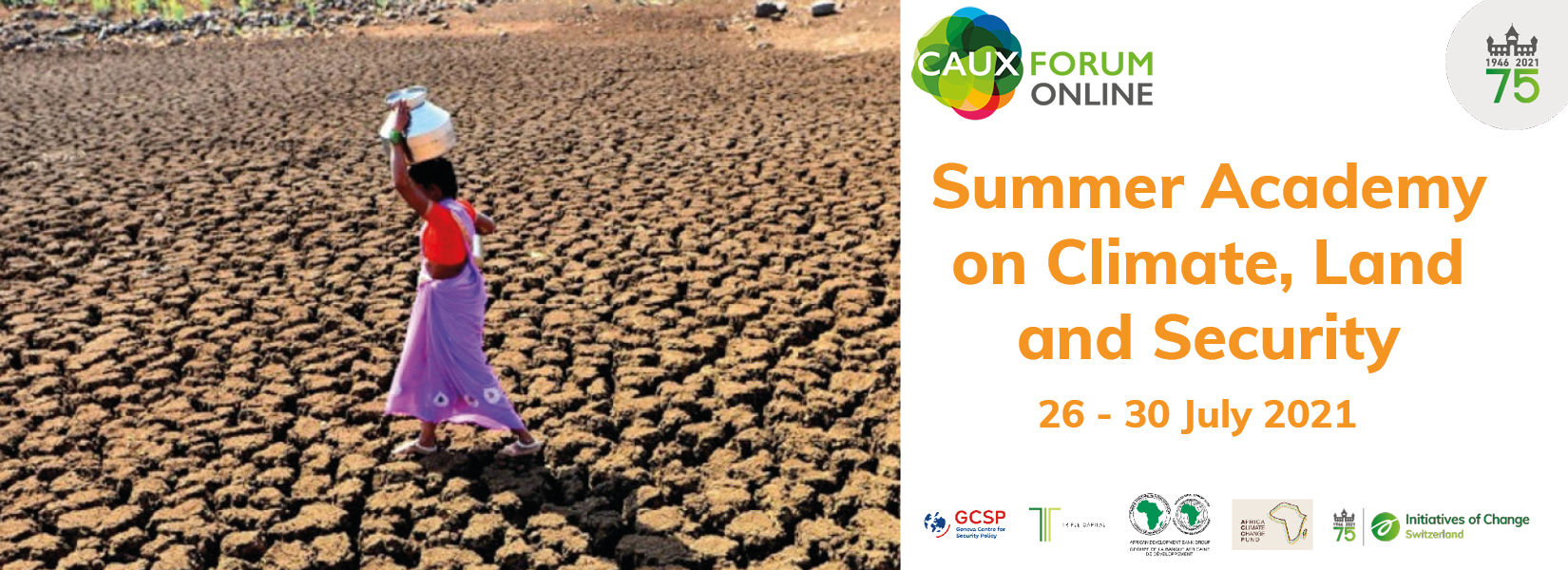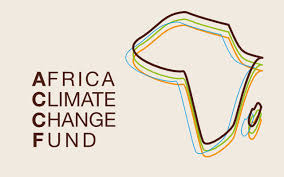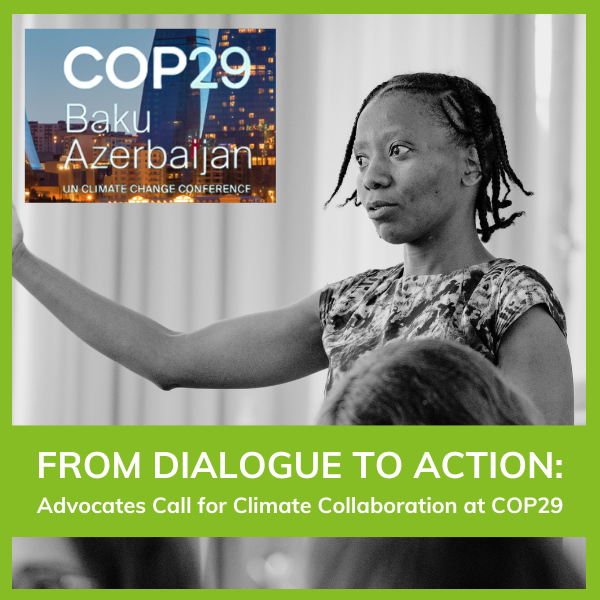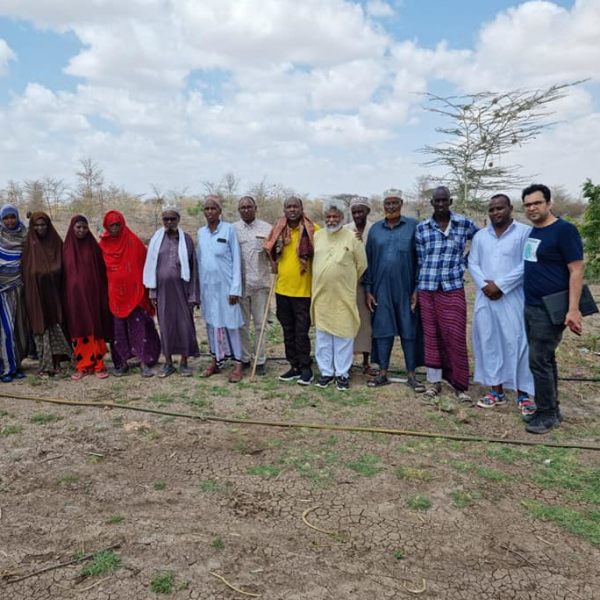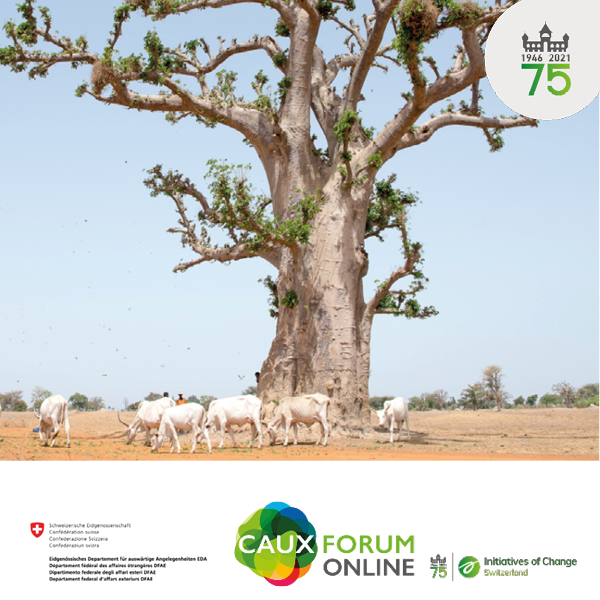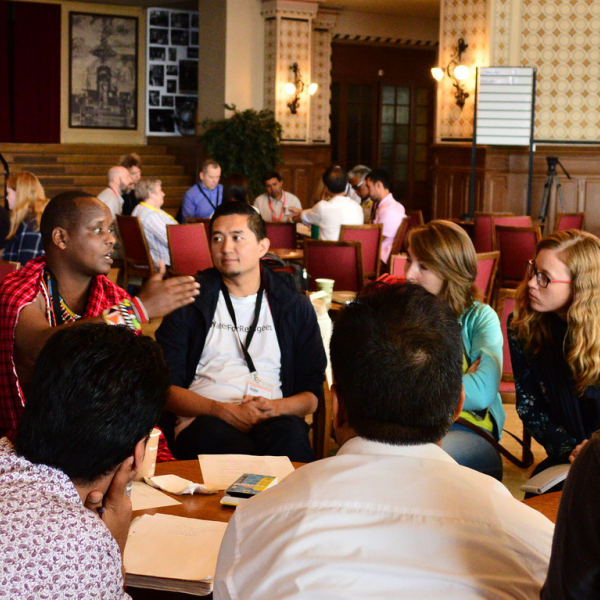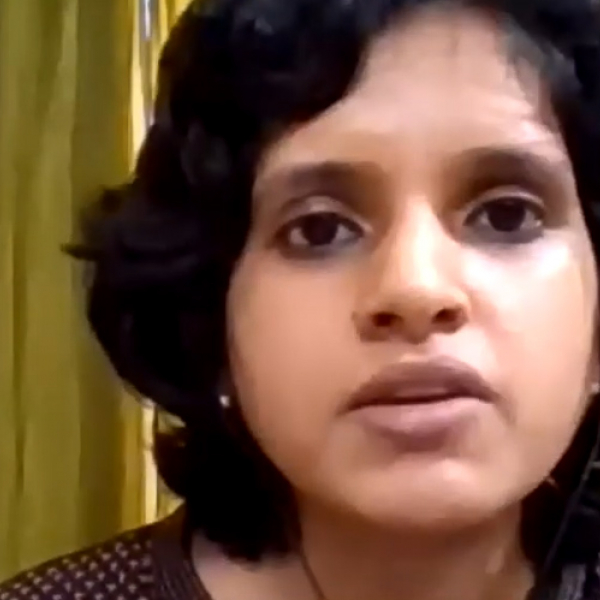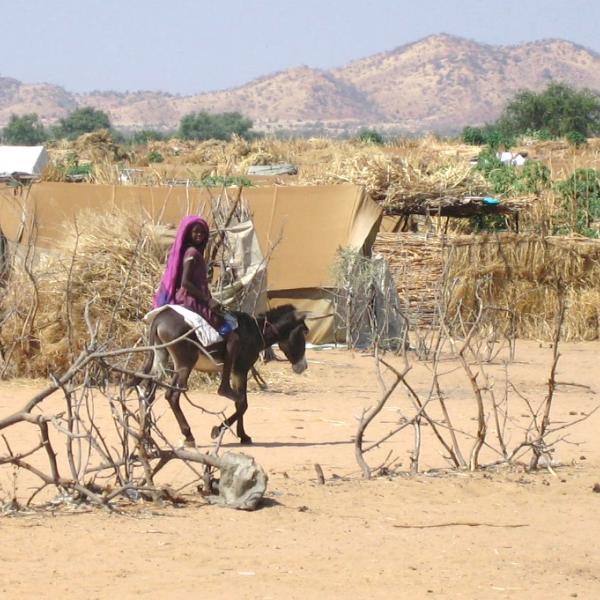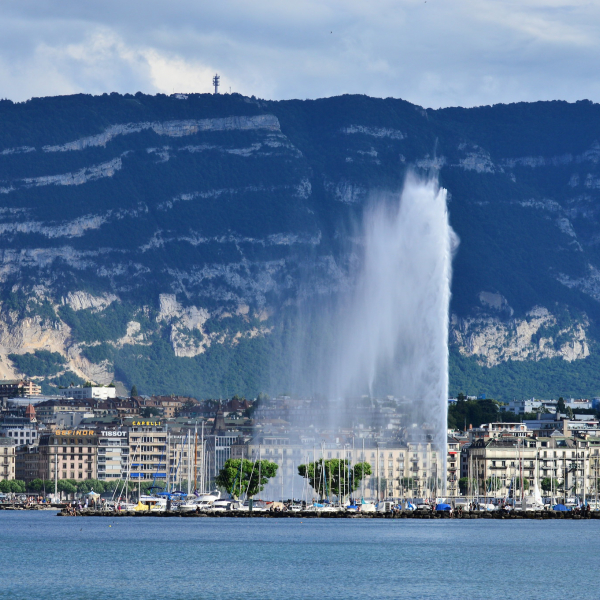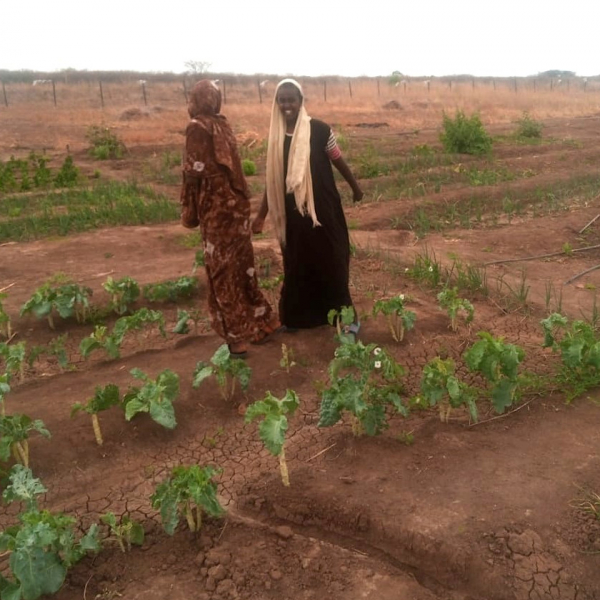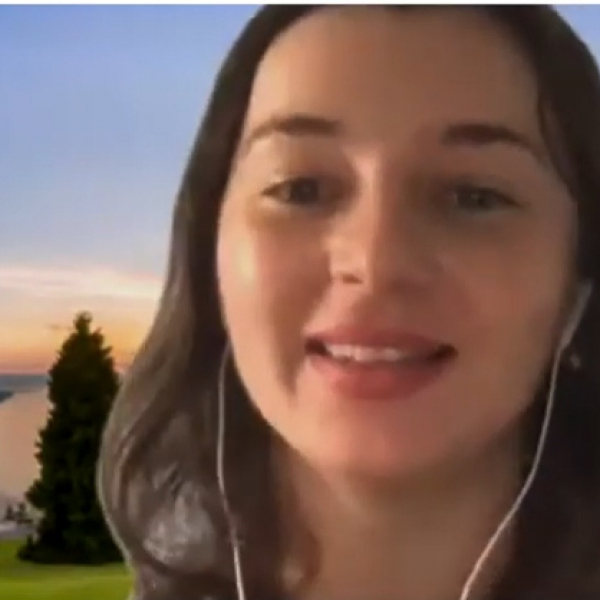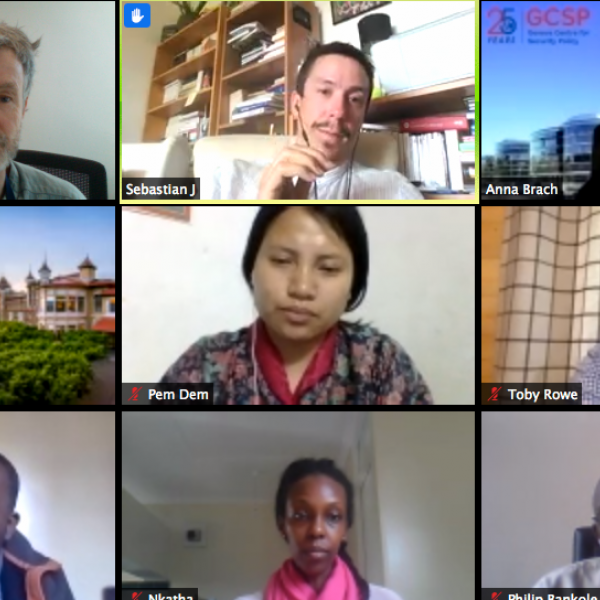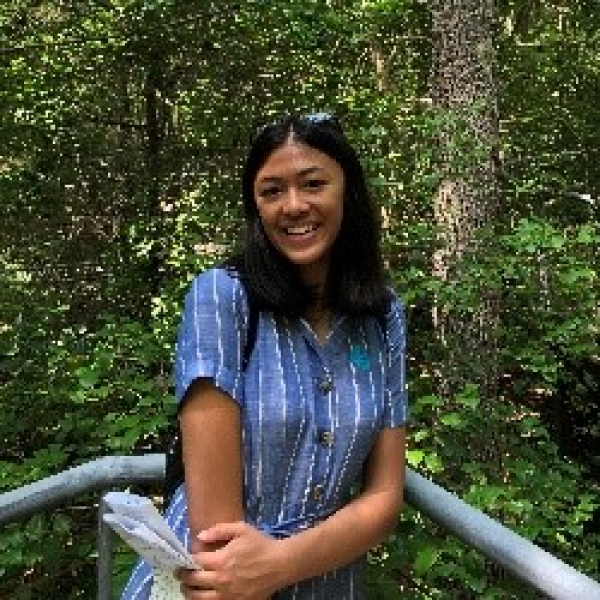Summer Academy on Climate, Land and Security
The climate and environmental crises pose multiple and increasing risks, notably to human security. Inter-disciplinary solutions are necessary to meet the scale of the challenges. Collaboration across traditional boundaries - discipline, sector, ethnicity, nation state and more - will be necessary to implement them.
Are you interested in exploring solutions at the nexus of land, security and climate change? Would you like to develop the skills of collaboration and trustbuilding to implement these solutions? Would you benefit from joining a network of problem solvers who share a core vision and set of values - and who can draw on each other's strengths in the future? If so, this Summer Academy could be for you.
Why land and security solutions need to be forged together to respond to the threats posed by climate change and create a more peaceful world.
Conflicts over land have been a feature of human existence since time immemorial. Land confers livelihood, living space, territory, even national identity. Nearly all of humanity’s food needs depend on one hand-span of soil - yet an estimated 34 million tonnes of topsoil are lost to erosion every year. Land degradation, climate change, population pressure, conflict and poor governance can interact in reinforcing feedback loops, directly impacting the health and livelihoods of 1.5 billion people.
On the other hand, there is growing evidence that integrating land restoration with community-based peacebuilding can create a virtuous cycle leading to both environmental and social recovery, and contributing to climate change adaptation and mitigation. The constraint to implementing this approach often lies in weak intersectoral co-operation and the need to build trust for the governance of shared natural resources.
Learning objectives
- Deeper understanding of the main challenges in the nexus between land restoration, climate change mitigation and adaptation, human security, migration and conflict;
- Enhanced analysis of the strengths and limitations of existing responses and increased ability to articulate more effective alternatives;
- Increased capacity to respond more effectively to climate, land and security challenges as policy makers and practitioners;
- Improved dialogue and online teamwork skills (using the Claned Learning Platform and Zoom)
- Exchange views among peers and global experts and practitioners from the Summer Academy, the Caux Dialogue on Environment and Security and the Geneva Centre for Security Policy.
Who should attend
This course target audience are environment and security professionals from public and private sectors:
- civil servants
- researchers
- diplomats
- military
- private sector representatives
- community leaders
- NGOs
- International organisations
to create the global cooperation that will be required to respond to the climate, land and security challenges of the 21st century!
Please note that participants will be required to set aside 4-5 hours per day during work hours during the course period, plus a total of 4 hours' preparatory work in the week before the course. Participants who successfully complete the course will be awarded certificates and become alumni of the GCSP.
Plenary 1 (Open Panel): Navigating climate peril: what kind of leadership will it take?
When: Monday 26 July, 14:00 - 15:15 CEST
Chair: Ms Anna BRACH, Head of Human Security, Geneva Centre for Security Policy (GCSP)
Speakers:
- Dr Martin FRICK, Deputy to the Special Envoy for the UN Food Systems Summit 2021 at United Nations (video message)
- Ambassador Doreen DE BRUM, Permanent Representative of Marshall Islands to the United Nations Office at Geneva
- Major General MUNIRUZZAMAN (Retd), Chairman, Global Military Advisory Council on Climate Change (GMACCC) and President, Bangladesh Institute of Peace and Security Studies (BIPSS)
Plenary 2: From evidence to impact: advancing solutions for landscapes, livelihoods and peace
When: Tuesday, 27 July, 11:30 - 12:45 CEST
Chair: Dr Alan CHANNER, Initiatives for Land, Lives and Peace
Speakers:
- Mr Steve KILLELEA, Founder & Executive Chairman, Institute of Economics and Peace
- Dr Antje HERRBERG, Senior Mediation Advisor, European External Action Service
- Mr Luc GNACADJA, Design 4 Sustainability, Past Executive Secretary of the UNCCD (2007-2013), Minister of Environment and Urban Development (Benin, 1999-2005)
Plenary 3: Empowering local solutions through climate finance
When: Wednesday 28 July, 14:00 - 15:15
Chair: Louise BROWN, Founding Director, Triple Capital, Namibia
Speakers:
- Prof. Saleemul HUQ, Director of the International Centre for Climate Change and Development (ICCCAD) in Bangladesh
- Mr David JACKSON, Director of Local Development Finance at the UN Capital Development Fund
- Ms Teddy MUGABO, CEO of the Rwanda Green Fund (FONERWA)
Experts
Alan Channer
Anna Brach
Louise Brown
What past participants said
I have sharpened my skills and knowledge around issues related to the nexus between land, security and climate. This enables me to add value to my work.
Thank you so much for creating the safe space to think through the challenges of environmental security in our world today.
- NGO programme director, UK/Somalia -
A great exchange.
- FAO programme manager, Syria/Turkey -
A fantastic initiative; I am excited by where this is going and the potential to scale up and replicate solutions that have been tested at local level.
- Africa Climate Change Fund Coordinator, African Development Bank -
I take these learnings very close to my heart in everything I do going forward.
- PhD student, Portugal -
Costs: 750 CHF
- Some full and some partial scholarships are available
- GCSP Alumni are eligible for a 20% discount
The course, which is co-designed by the Geneva Centre for Security Policy, Initiatives of Change and Triple Capital takes place within the framework of the Caux Dialogue on Environment and Security.
Please note that this event will be held in English (no translation).
APPLICATIONS ARE NOW CLOSED! STAY TUNED FOR 2022!
Photo top: Wikimedia Commons
past conferences
fees
- CHF 750
- Some full and some partial scholarships are available
- GCSP Alumni are eligible for a 20% discount
- Apply HERE
